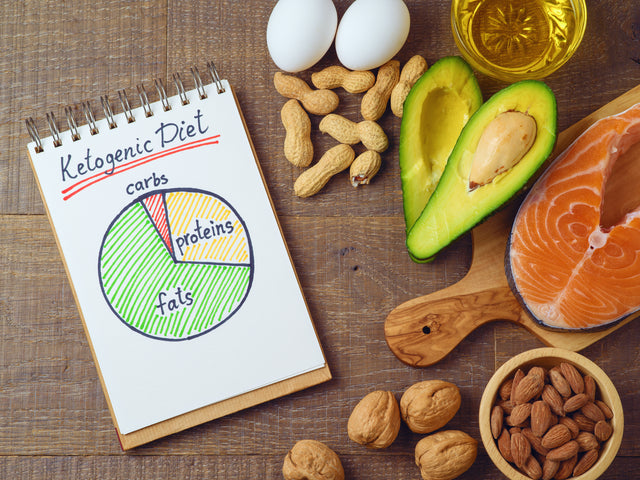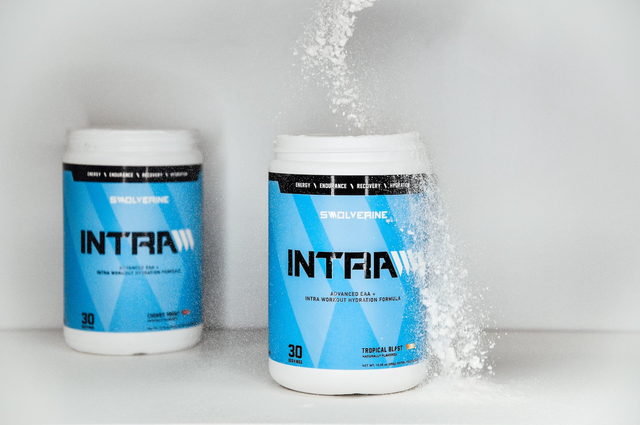As more people seek healthier, more sustainable nutrition, plant-based protein powders have emerged as leading contenders in the supplement space. Whether you’re vegan, vegetarian, lactose-intolerant, or simply health-conscious, choosing the right plant-based protein can be overwhelming—especially with so many options on the market.
Two of the most popular and effective options today are pea protein and pumpkin seed protein. While both offer impressive health benefits, they differ in protein content, amino acid profile, micronutrients, and functional use. This guide will help you compare these two powerhouse plant proteins pea vs pumpkin seed side by side—so you can make the best choice for your fitness, recovery, and health goals.
What Is Pea Protein?
Pea protein is extracted from yellow split peas and processed into a high-protein powder commonly used in everything from vegan burgers to protein bars and meal replacements. It’s known for its smooth texture, neutral taste, and excellent protein yield.
Benefits of Pea Protein
High Protein Yield
Pea protein offers approximately 24 grams of protein per 30-gram serving, making it one of the most protein-dense options among plant-based supplements.
Complete Amino Acid Profile
Pea protein contains all nine essential amino acids, although it is somewhat low in methionine. Pairing it with complementary proteins can create a more balanced amino acid intake.
Muscle Growth Support
Research shows that pea protein can be just as effective as whey protein for increasing muscle mass and strength when combined with resistance training
(Babault et al., 2015 – JISSN).
High Digestibility
Pea protein isolate scores 0.928 on the PDCAAS scale, placing it close to whey and egg protein in terms of digestibility.
Allergen-Friendly and Gut-Safe
Free from dairy, gluten, and soy, pea protein is ideal for individuals with food sensitivities or intolerances.
What Is Pumpkin Seed Protein?
Pumpkin seed protein is made from the cold-pressed remnants of pumpkin seeds after oil extraction. The “press cake” is milled into a fine, nutrient-dense protein powder rich in plant-based nutrients and beneficial compounds.
Benefits of Pumpkin Seed Protein
Moderate Protein with Micronutrient Density
Pumpkin seed protein offers about 20 grams of protein per 30-gram serving and is loaded with iron, magnesium, zinc, and vitamin E.
Omega-3 Fatty Acids
It contains alpha-linolenic acid (ALA), a plant-based omega-3 that supports cardiovascular health, reduces inflammation, and promotes brain function
(Wang et al., 2022 – Frontiers in Aging Neuroscience).
High in Antioxidants
Pumpkin seed protein is rich in vitamin E and polyphenols, which help fight oxidative stress and protect against cellular damage.
Digestive Support
With 3 grams of fiber per serving, pumpkin seed protein supports gut health, regularity, and long-term digestive wellness.
Smooth Taste
Its mildly nutty flavor makes it ideal for mixing into smoothies, oatmeal, or baked goods.
Is Plant Protein Better Than Animal Protein?
When it comes to performance and wellness, both plant and animal proteins have distinct advantages:
Animal Protein
-
Naturally complete and rich in leucine
-
High biological value and absorption
-
Often better for rapid muscle protein synthesis
Plant Protein
-
Lower in saturated fat and cholesterol
-
Includes fiber, antioxidants, and phytonutrients
-
More sustainable and environmentally friendly
-
Suitable for individuals with lactose intolerance or dietary restrictions
While animal proteins are more inherently complete, combining plant sources like pea and pumpkin seed can yield a protein blend that’s just as effective for recovery and muscle-building—plus added health benefits.
Pea Protein vs. Pumpkin Seed Protein: Key Differences
| Feature | Pea Protein | Pumpkin Seed Protein |
|---|---|---|
| Protein per 30g | 24g | 20g |
| PDCAAS (Digestibility Score) | 0.928 | 0.90 |
| Amino Acid Completeness | Yes (low methionine) | Yes (low threonine & lysine) |
| Fiber Content | 0.8g | 3g |
| Omega-3 Content | Minimal | Moderate (ALA present) |
| Micronutrient Density | High in potassium and iron | High in iron, magnesium, zinc, vitamin E |
| Taste Profile | Neutral, smooth | Mildly nutty, smooth |
| Digestibility | Excellent | Excellent |
| Allergen-Free | Yes | Yes |
| Best Use Case | Muscle growth, recovery, high protein | Heart health, digestion, inflammation |
Common Questions About Plant Protein Powders
Is plant-based protein less effective than whey?
Not necessarily. Pea protein has been clinically shown to support muscle hypertrophy similarly to whey when combined with resistance training.
Can I gain muscle using plant proteins alone?
Yes. When consumed in sufficient amounts and combined to ensure a full amino acid profile (e.g., pea + pumpkin seed), plant proteins support muscle growth and recovery.
Is pumpkin seed protein good for the gut?
Yes. It’s high in fiber and contains anti-inflammatory compounds, which can support gut function and digestive health.
Are these proteins suitable for daily use?
Absolutely. Both proteins are safe for everyday use and offer additional benefits beyond just muscle recovery—such as heart health and antioxidant protection.
Do I need to combine plant proteins?
For optimal results, yes. While both pea and pumpkin seed are technically complete, they each have minor amino acid gaps. Combining them ensures full-spectrum support.
Conclusion: Which Protein Should You Choose?
Pea protein is ideal for those seeking high protein content, smooth texture, and performance-focused recovery. Pumpkin seed protein, on the other hand, delivers greater micronutrient support, antioxidant protection, and digestive benefits.
But you don’t have to choose one or the other. The most effective approach is to use a balanced plant protein blend that leverages the strengths of both. A formula that includes pea, pumpkin seed, hemp, quinoa, and sacha inchi, like Swolverine’s Plant Protein, ensures you're getting all essential amino acids, plus added fiber, healthy fats, and real performance benefits.
For athletes, active individuals, or anyone seeking optimal health and performance through nutrition, a multi-source plant protein is the smart, complete, and clean option.







